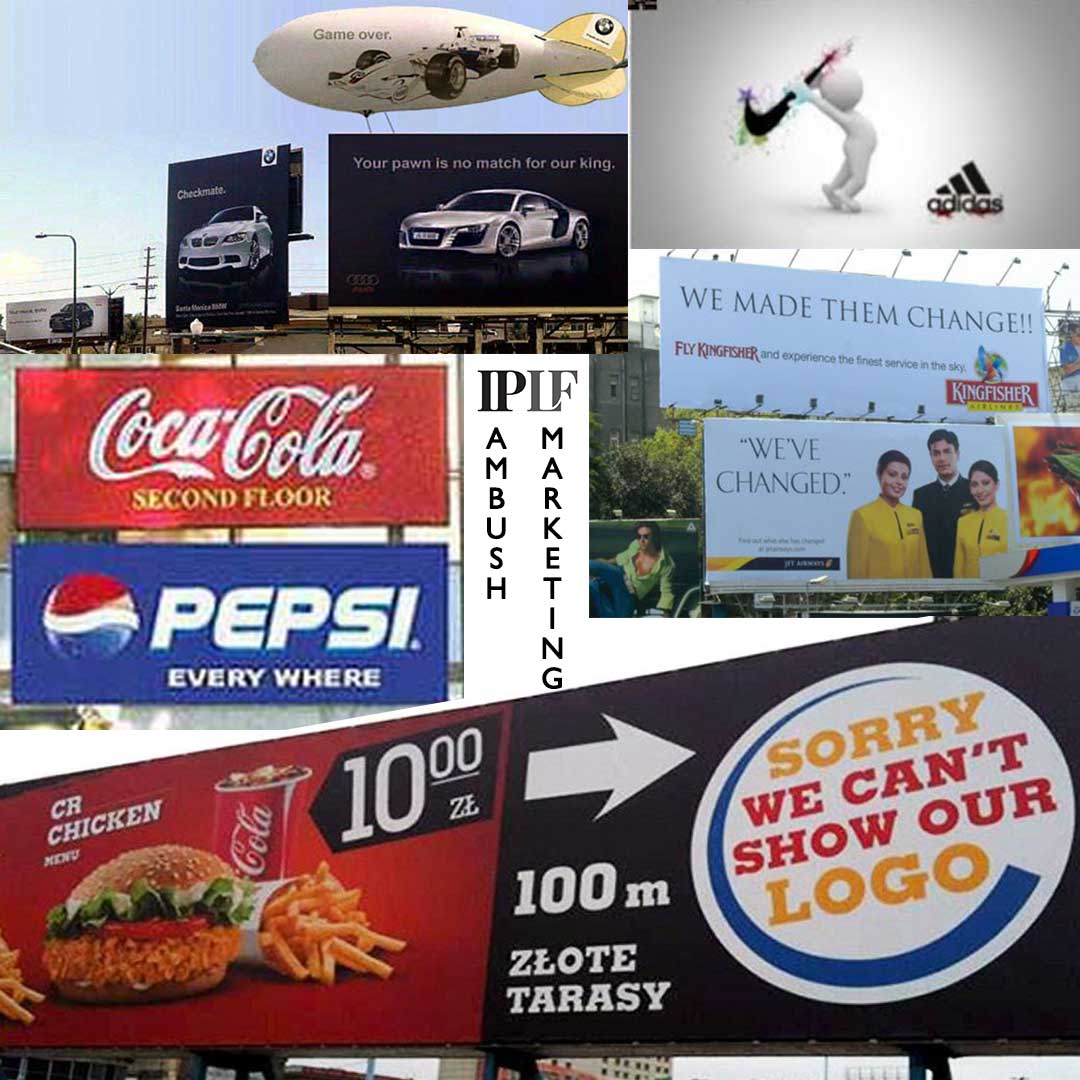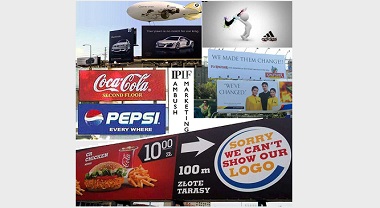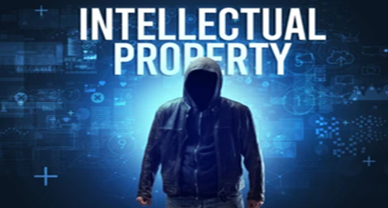Ambush Marketing: Challenging The Contours Of IPR?
Ambush marketing has been developed into a booming area of marketing, which can be aptly described as parasitic marketing, as various academicians say so. The term was coined by Jerry C Welsh in 1980 while working for American Express, which has come across various definitions from researchers around the world. Welsh simply tried to explain the concept as an activity undertaken by a non-sponsor to take market supremacy from the sponsor. The person being a non-sponsor tries to disturb the management by entering into the advertisement without paying any consideration thereby giving effective loss to the sponsor who pays for it. As already mentioned, each organization, individual, or corporation has taken a different stand for defining it.
Ambush Marketing- Defining the indefinable
International Olympics Committee defined ambush marketing as an attempt to create an unauthorized or false association with the event and therefore interfering with the legitimate contractual rights of the official marketing partners of the event. Eventually, for our understanding, it can be validly put up as a type of marketing where there is an official sponsor for the event who have paid an effective consideration for the sponsorship but there is a competing brand (not necessarily competitive) that tries to enter the marketing for the event without paying any effective consideration and hence this is also called as parasitic marketing.

A very important part that is associated with this is the extent of defining ambush marketing. The definition becomes very important because it helps in understanding what all activities can be considered in ambush marketing and what all can be the exception. A large definition without any such limitation or a narrow exception makes the concept within an understandable limit as what can be considered a legitimate activity. Can a simple promotional campaign be called under the purview of ambush marketing? This simple yet very important question lies in the extent of defining such a concept. The definition should not be very generic which can also result in the judicial process requiring a lot of effort if any companies file suit against the ambush marketers. Companies have found a way to get themselves immune against the potential lawsuits by putting a disclaimer that they are not the official sponsors. Also, there is no such jurisprudence being available with regards to the court case which often makes the lawsuits devoid of any backed arguments, hence the company in itself becomes hesitant to file any suit.
IPR vis-a-vis Ambush Marketing
The issue of ambush marketing does touch upon the scope of Intellectual Property. Issues concerning Trademark and Copyright have been often affected with that of ambush marketing. TM serves two purposes; firstly it provides an identity where the consumer can understand the manufacturing origin of the product thereby, saving the consumer from a deceptively similar product. Secondly, it helps in building the goodwill of the company. In the case of ambush marketing, you both the right is being affected through this. In a notable case of Arsenal Football Club Plc vs. Matthew Reed (Case C-206/01 ECJ 12/11/2002), Arsenal Football Club was the registered proprietor of the trademark for the word ARSENAL and the ARSENAL Canon Device among other things. The defendant used the word ARSENAL for selling his souvenirs and merchandise without a permit. The plaintiff bought an action against passing off but they failed to prove any evidence of confusion and the European Court of Justice ruled in favor of the defendant. The plaintiff appealed to the Court of Appeal which struck down the ECJ decision and ruled in favor of the plaintiff.
Similarly, copyright infringement can also be caused by unauthorized use of rights, benefits, and privileges without any license and permission. The notable case that touched the contours of ambush marketing was National Hockey League (NHL) et al v. Pepsi-Cola Ltd. (92 DLR 4th 349) National Hockey Service League (NHSL) was the licensing arm of the NHL. NHSL made Coca-Cola, the official sponsor for the event, but did not give the advertising right during the broadcast which was held by NHL. NHL gave the television right to Molson Breweries of Canada Ltd. (Molson) in 1988 for a five-year period, who in turn gave this to Pepsi-Cola, a fierce competitor of Coca-Cola. The court decided that Pepsi was not in violation of Coca-Cola’s contract, since the sale of the broadcast right is different from that of an official sponsor. This case widely opens the door for ambush marketing as long as the trademark and the trade name infringement is not part of the campaign.
Position prevalent in India
In India, we don’t find any such legislation which gives protection against ambush marketing. But at the outset, the aggrieved parties can take recourse to some form of IPR to prove the violation. The aggrieved party can take up the benefit of Passing off, thereby showing that the established reputation and goodwill has been lost. Similarly, the parties could go for claiming Trademark and Copyright infringement, under Section 29 of the Trademarks Act, 1999 and Section 51 of the Copyright Act, 1957.
Author: Saransh Chaturvedi (an advocate) currently pursuing LLM from Rajiv Gandhi School of Intellectual Property Law (IIT Kharagpur). In case of any queries please contact/write back to us at support@ipandlegalfilings.com



